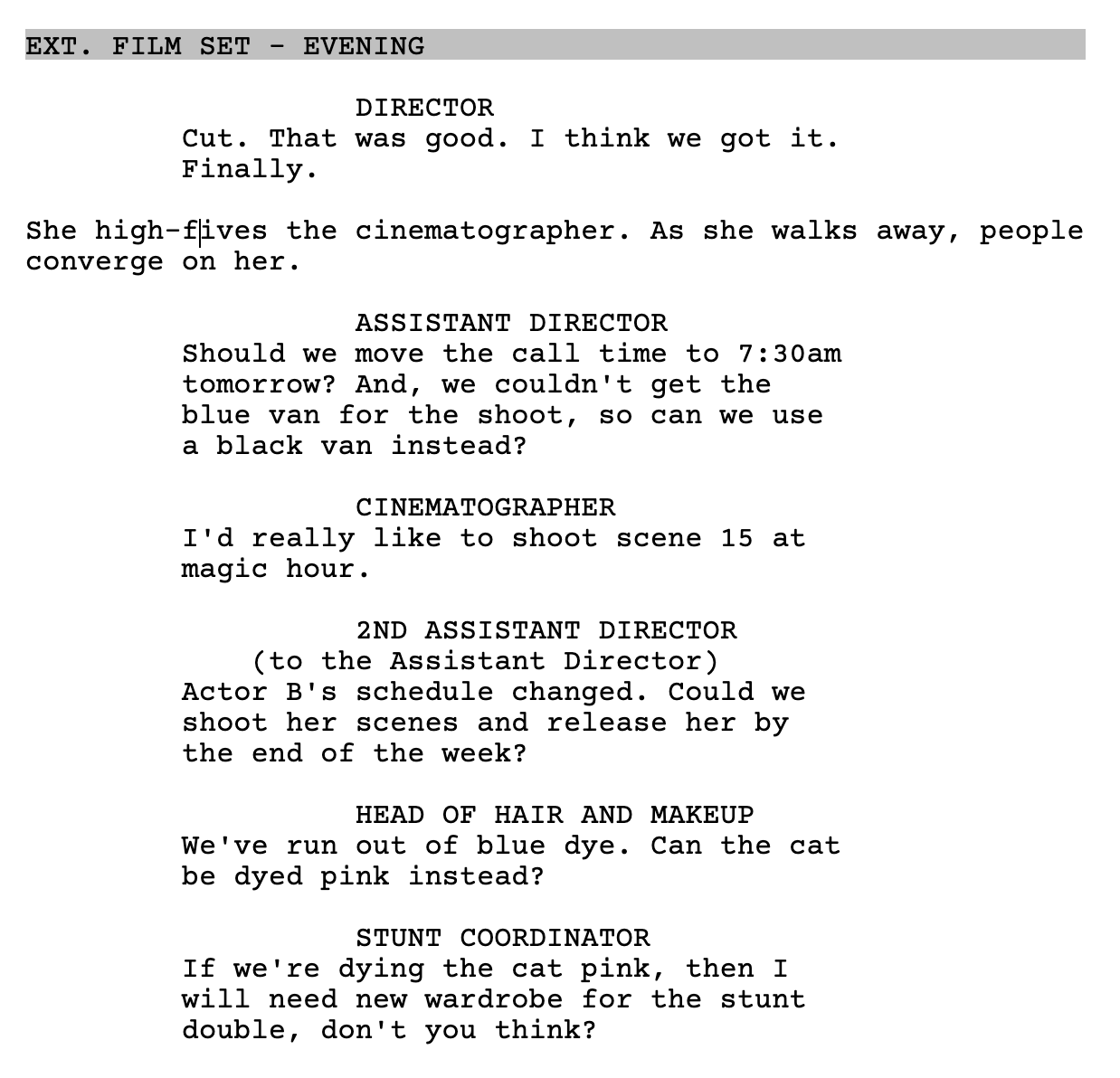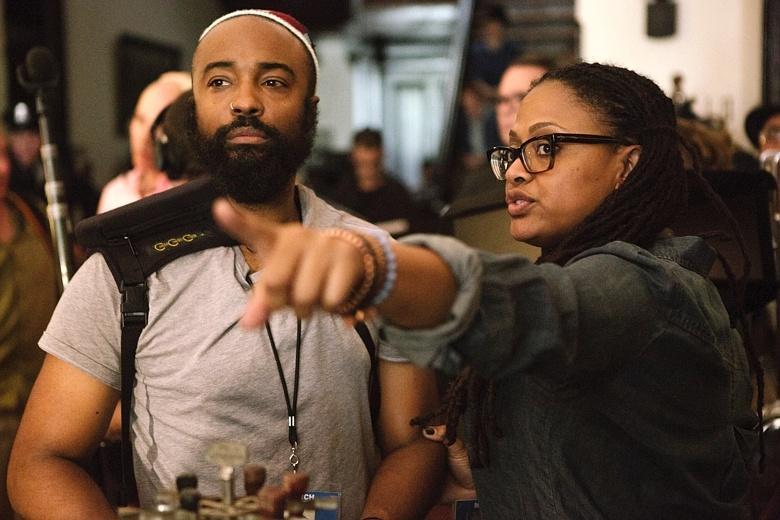
Okay, that’s an exaggeration. But in reality, there are hundreds of questions the director has to be able to answer. Many come as they are preparing for the shoot, but things happen, and there are always tradeoffs to be made while they’re on set.
A good director has a point of view on all these questions because she keeps the vision of the film front and center. She knows how every one of these decisions will affect the vision.
Like the director of a film, the CEO is the final arbiter in startup, especially at the early stages. In order to make the multitude of decisions, she needs to have a very clear vision of what she is trying to achieve. Every decision either takes her towards her vision (slightly or bigly) or away from it.
If the vision for what you want to become is muddled, it becomes very hard to make decisions. You always want optionality—to keep all options open, because you don’t know where you are headed.
That is impossible on a film set, because most films are shot in 30 days or less. It’s not impossible in a startup, because you can always defer the decision. But doing so will put the startup at risk of not executing or of muddled execution that leads to failure.
To keep your eyes on the prize, you need to know what the prize looks like and which direction you need to go to find the prize.

You also need to know the fundamental underlying tenets that will help you achieve your goal. For example, at eBay, one unbreakable tenet was always “level playing field”, meaning that every seller, whether a big company or your next-door neighbor, would be subject to the same rules. Another was that eBay would not touch the items, thus keeping it a purely person-to-person marketplace. When opportunities came up, it was easy to evaluate against these (and other core) tenets and determine if they kept us moving towards our vision.
This does not mean that you don’t react to changing circumstances or opportunities. Some of the best scenes or shots on a film set can be the ones where the director decides to improvise on set. She may see an opportunity in a location, in the weather, or in the actors’ mood and try something unscripted. But the reason she can do that is she knows what she wants to achieve and has prepared so well that she has a strong hunch that this improvisation will improve the film.
For a CEO with a big vision, unexpected changes can present an opportunity. With the vision front and center, and all the hard work to understand what moves you towards and away from that vision, you can think of ways to bend and adapt to strengthen the company. Otherwise, you stand the risk of losing what the company is and what it stands for.
Make your vision a touchstone that you come back to often. Make the time to come back to it, refresh it, and let it refresh and reenergize you.